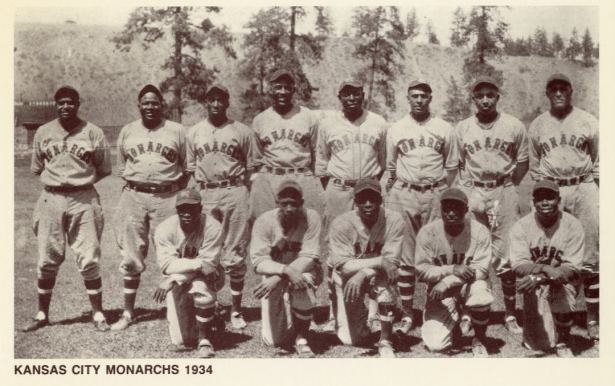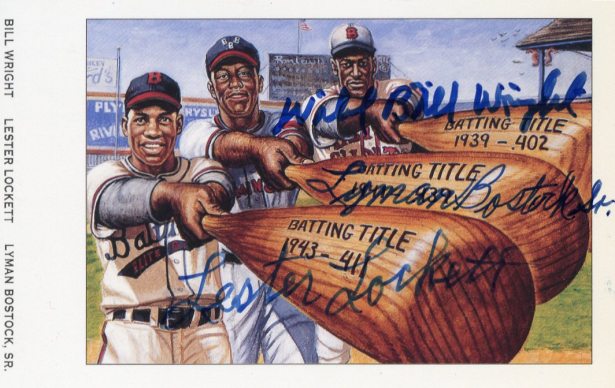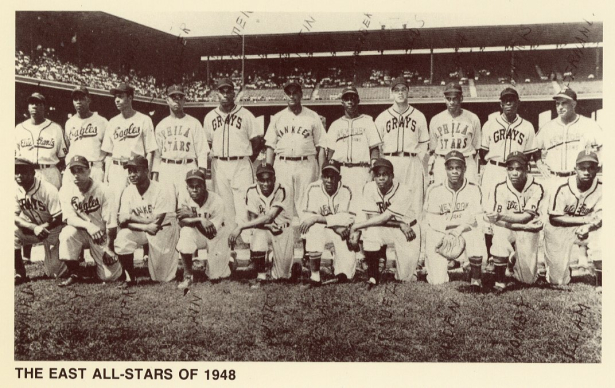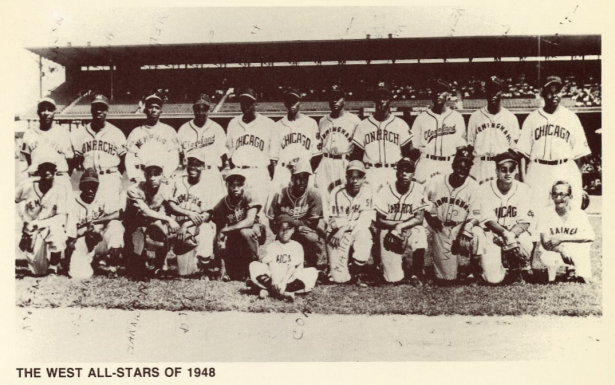Denver has a rich but often overlooked connection to Negro League baseball, a vital chapter of American sports history born from the segregation era. During the early-to-mid 1900s, Denver was a key stop on the barnstorming circuit, a practice where Negro League teams traveled extensively, playing exhibition games—friendly matches outside formal league competition—against local or regional teams. These games provided African American athletes a platform to showcase their talent nationwide and helped dismantle racial barriers by attracting diverse crowds of spectators across racial, economic, and cultural backgrounds.
Fans in Denver had the opportunity to witness legendary players like pitcher Satchel Paige, renowned for his charismatic showmanship and remarkable pitching skills, and catcher Josh Gibson, whose powerful hitting earned him the nickname "the Black Babe Ruth." Their visits attracted enthusiastic audiences eager to see some of the greatest baseball talents America had to offer, breaking attendance records and challenging racial stereotypes.
Denver's baseball legacy is also tied to the prestigious Denver Post Tournament, known as the "Little World Series," where teams—including celebrated Negro League clubs —competed fiercely for recognition and pride. The first series to include Negro League teams was in 1934 and was between the Kansas City Monarchs and the Denver White Elephants.
Today, Denver proudly honors this heritage through exhibitions and historical commemorations, emphasizing the city's important role as a crossroads for Negro League baseball. By preserving this legacy, Denver acknowledges the resilience of those who battled segregation through sport, forever connecting the Mile High City to this powerful chapter in American history. Explore this history further through the Denver Public Library’s Blair-Caldwell African American Research Library, which recently acquired an exciting new collection of rare Negro League materials soon to be available for research.





Add new comment